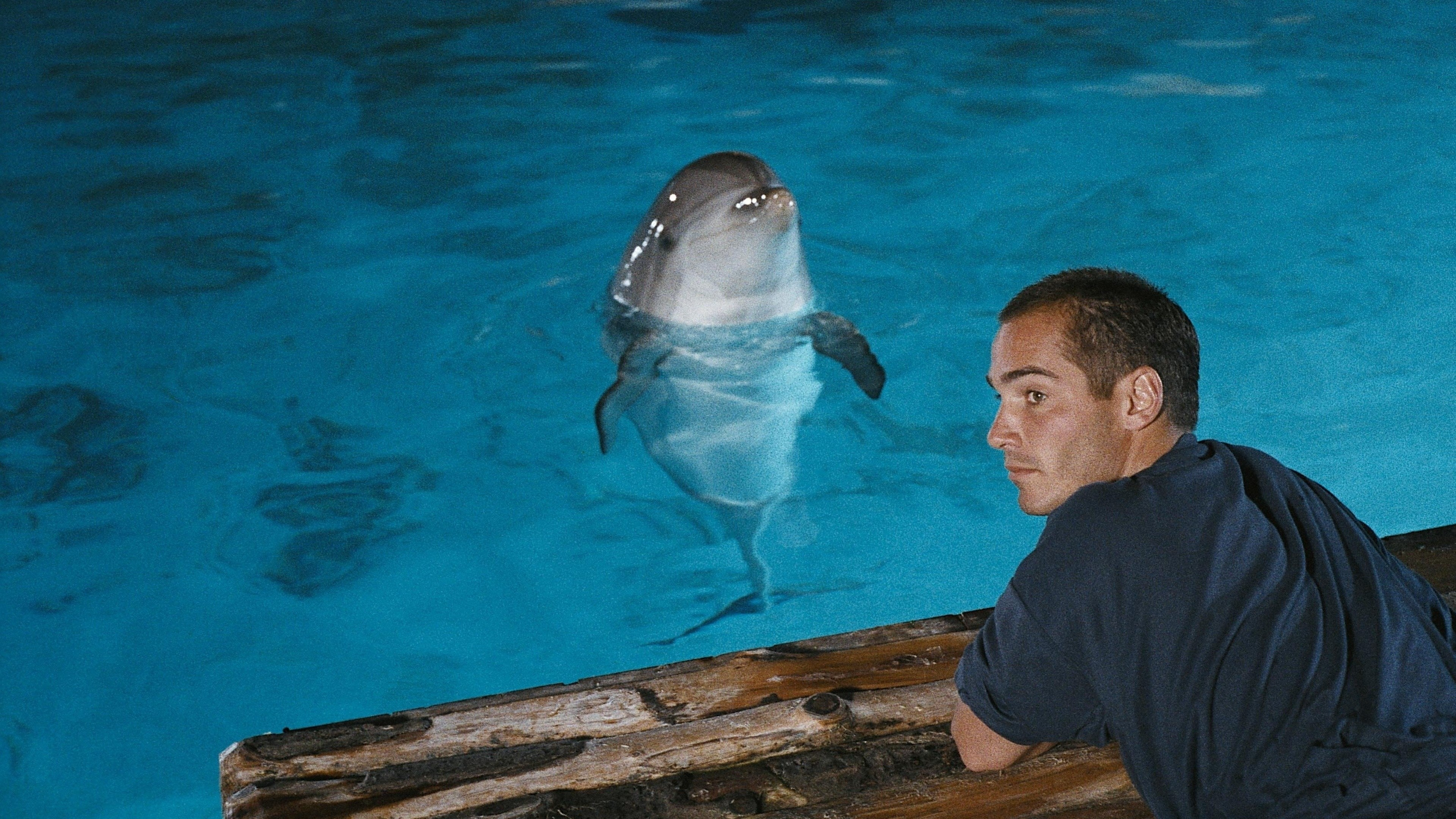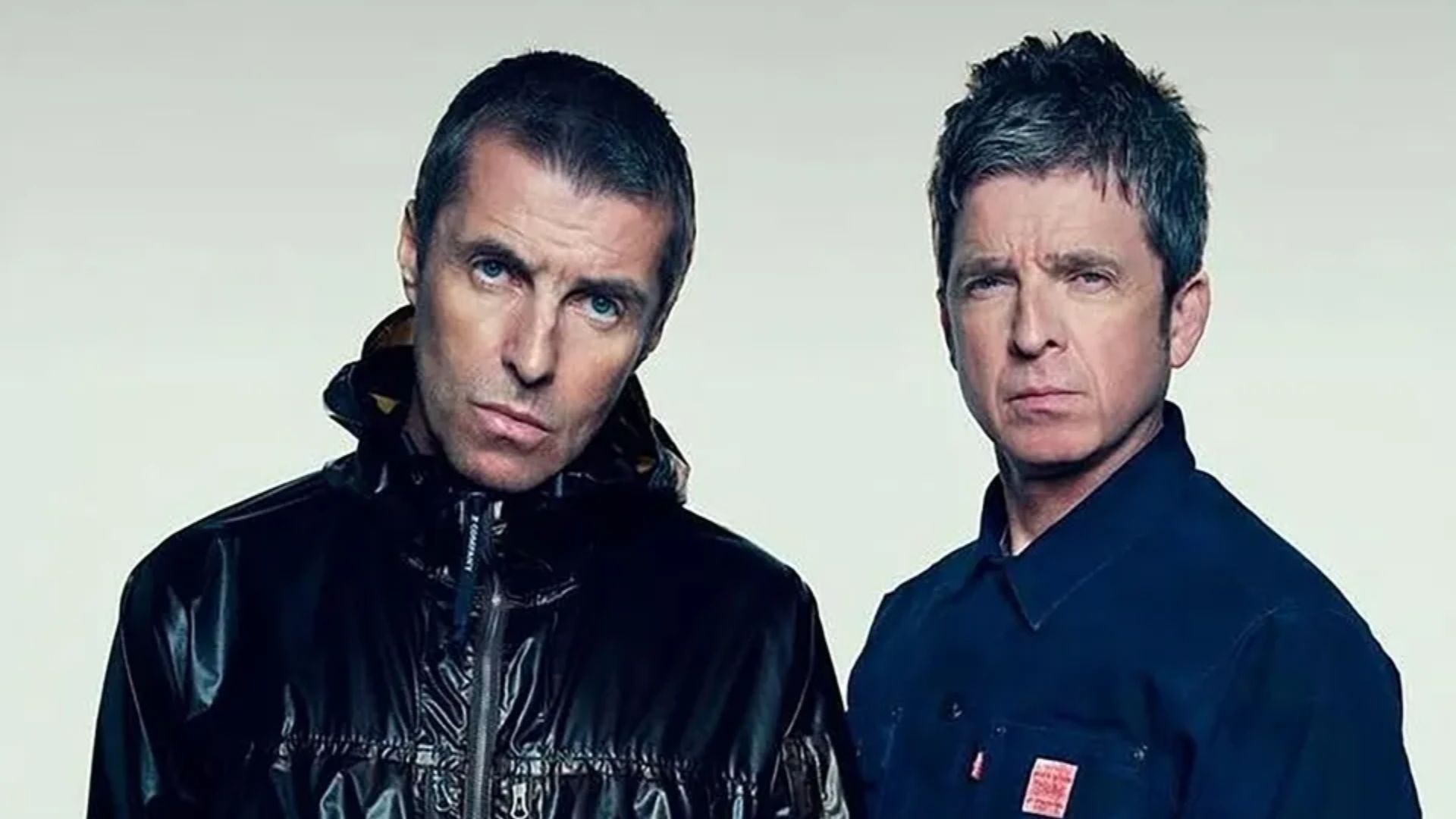Luc Besson’s great success
When Luc Besson presents The big blue At the 1988 Cannes Film Festival, it was greeted with boos and critics who deemed its screenplay simplistic and its aesthetic too commercial. But in cinemas – it comes out on the same day in French cinemas -, the audience cheers and the reviews in the French press are positive.
We celebrate the friendship between Jacques Mayol (Jean-Marc Barr) and Enzo Maiorca (Jean Reno), the relationship with the dolphins and the metaphysical vertigo of the freediver played by Jean-Marc Barr, the music of Eric Serra, the photography of movie and in the end it’s more than 9.2 million viewers who saw it on the big screen and made it one of the biggest successes of French cinema of the 80s.

Great success in France, film of an entire generation, The big blue it is, however, a failure abroad. Franco-Italian production, its release was blocked in Italy for the next 14 years a defamation lawsuit brought by Enzo Maiorca, who doesn’t appreciate the film and rejects the – essentially imaginary – portrait that Luc Besson paints of him. In the United States, reviews are mixed and audiences are sulky The big blue, perceived as too simplistic and too melodramatic a film. But in reality the American public did not see the same film as the European public, since two important elements have completely changed: its ending and its music.

The Big Blue: why does Jean-Marc Barr hate the film?
A happy ending devastating and a new musical composition
In the original version, then in the long version released in 1989, the end of the film The big blue It seems open but in reality it is unequivocal. Jacques, who is unfit for life on earth and unable to cope with his relationship with Johana (Rosanna Arquette), takes one last dive. He reaches the bottom of the ocean. But instead of rising, the moment he appears, he breaks away and sinks into the darkness with the dolphin. At this depth it is unlikely that Jacques will be able to return to the surface. The suggestion is quite clear: Jacques commits suicide and thus dies at the end of the story.
But an ending too ambiguous, or too sad for the American public? Then he discovers another ending to the film The big bluewith the addition of a sequence, where we see Jacques, alive, rise to the surface with the dolphin.
A happy ending that we can judge disappointing, stripping his character of his complexity and the ending he seemed to have chosen throughout the story. Another infidelity to Luc Besson’s conception of his film, in the American version it is not Eric Serra’s iconic music that we hear, but a composition by Bill Conti. So what is it The big blue without the unforgettable composition of Eric Serra, awarded the César for Best Original Music in 1989otherwise a much less compelling experience?
Source: Cine Serie
Ray Ortiz is a journalist at Gossipify, known for his coverage of trending news and current events. He is committed to providing readers with accurate and unbiased reporting, and is respected for his ability to keep readers informed on the latest news and issues.









